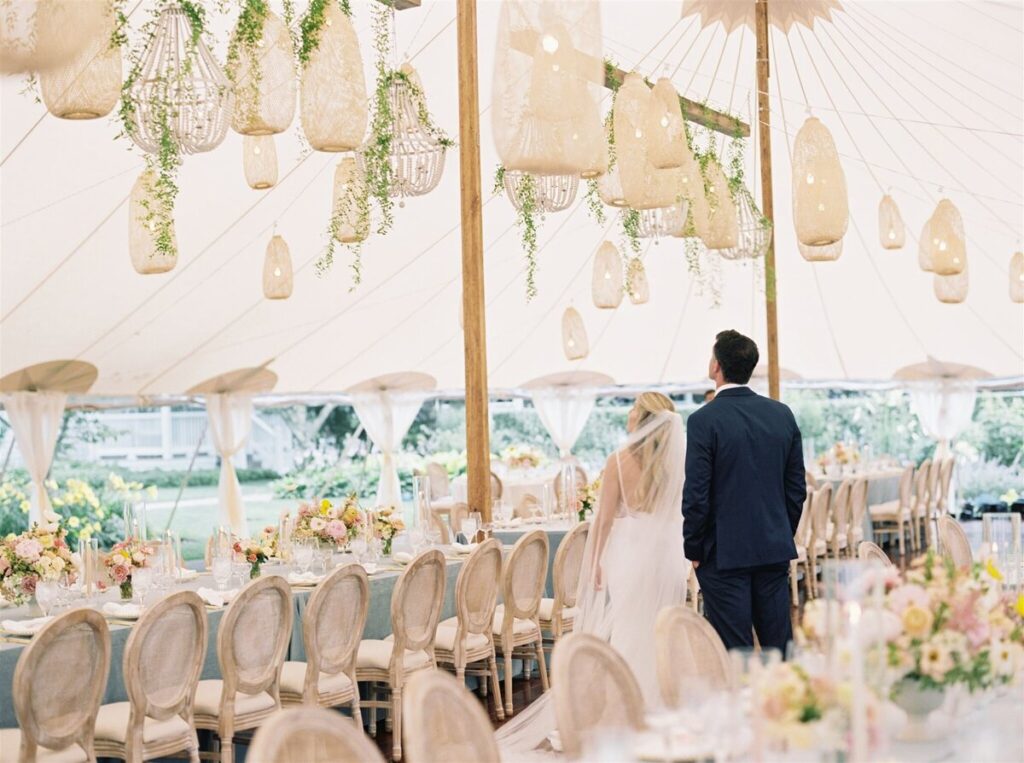Event Planning Trends 2024 – A Forecast of Innovations
In, event planning is poised to undergo a remarkable transformation, driven by technological advancements, changing consumer preferences, and evolving societal norms. One of the most significant trends shaping the industry is the integration of virtual and augmented reality experiences into events. With the continued refinement of VR and AR technologies, event planners can offer attendees immersive experiences that transcend physical limitations, allowing them to interact with products, environments, and even each other in entirely new ways. This fusion of digital and physical realms not only enhances engagement but also opens up a world of possibilities for events of all sizes and purposes, from corporate conferences to weddings. Additionally, sustainability emerges as a central focus in event planning, as eco-conscious consumers demand greener alternatives. Event planners are increasingly adopting eco-friendly practices, such as reducing waste, sourcing local and organic materials, and implementing renewable energy solutions.

Sustainable events not only minimize environmental impact but also resonate with attendees who prioritize ethical consumption. Furthermore, personalization takes center stage as event planners leverage data analytics and AI to create bespoke experiences tailored to individual preferences. By harnessing attendee data, organizers can curate content, activities, and networking opportunities that resonate with each participant, fostering deeper connections and driving greater satisfaction. Moreover, inclusivity becomes a guiding principle in event planning, as organizers strive to create spaces that are accessible and welcoming to all attendees, regardless of their background, abilities, or identities. From designing wheelchair-friendly venues to providing sensory accommodations, inclusivity initiatives ensure that every participant feels valued and empowered to fully engage with the event. Additionally, the rise of experiential marketing blurs the lines between entertainment and advertising, as brands seek to captivate audiences through immersive brand experiences.
Event planners are partnering with companies to create memorable activations that forge emotional connections and drive brand loyalty, whether through interactive installations, pop-up shops, or influencer-led experiences Visit Website. Finally, the emergence of hybrid events marks a paradigm shift in the way gatherings are organized and experienced. With the increasing prevalence of remote work and digital communication, hybrid events seamlessly integrate in-person and virtual components, allowing participants from around the globe to connect and collaborate in real-time. This hybrid model not only extends the reach of events but also offers greater flexibility and accessibility, catering to diverse preferences and circumstances. Overall, the future of event planning is characterized by innovation, sustainability, personalization, inclusivity, and hybridity, as organizers adapt to meet the evolving needs and expectations of participants in an ever-changing world.
